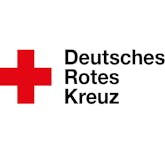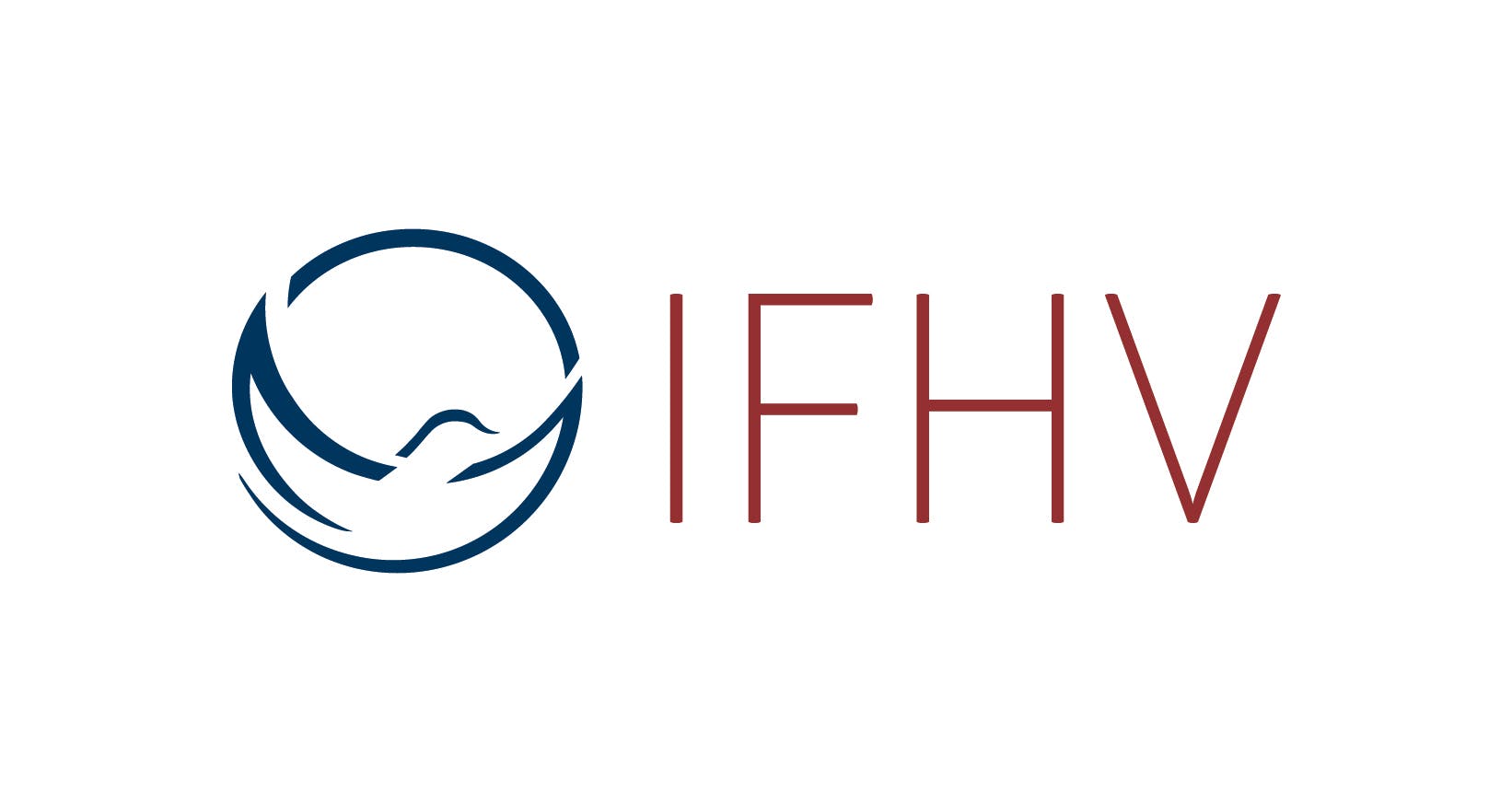Introduction to the Mechanisms of Anticipatory Humanitarian Action
Fully booked
INFORMATION: This course is booked up, please register for a different training.
Mechanisms for anticipatory humanitarian action, such as Forecast-based Financing (FbF), enable early action before extreme weather events occur through the use of forecasting models and risk data as well as the rapid availability of funds. In this way, humanitarian consequences of disasters can ideally be mitigated and the response time and efficiency of humanitarian efforts can be improved.
In this three-day online course, you will gain an overview of the opportunities and limitations of anticipatory humanitarian action using Forecast-based Financing as an example. You will learn about existing examples of the use of extreme weather forecasts and become familiar with the basics of setting thresholds ("trigger levels") to enable anticipatory humanitarian action.
The training sessions will be held in English and include regular breaks.
You will learn
what areas of application and limitations exist for anticipatory approaches to humanitarian action
what the components of Forecast-based Financing and the first steps for planning an FbF-project look like
which examples exist for the use of various forecasting models
which important principles can be identified for setting and assessing trigger levels and for selecting conrete humanitarian measures in anticipatory humanitarian assistance
Target group
Employees of humanitarian NGOs with previous experience in humanitarian action
Schedule
Course Introduction
Forecast-based Financing (FbF) in the Global Context
Coffee Break
Concept of Forecast-based Financing
FbF as Implemented by the Welthungerhilfe
Coffee Break
Financing Mechanisms for Anticipatory Action
Lunch Break
First Steps to Establish the System of Anticipatory Action/FbF
Starting FbF in a New Country - What to Consider Getting Your Organisation Ready?
Coffee Break
Setting up FbF in a Country, Practical Experience
Role Play: "Why Should I Do FbF?"
Reflection of the Day, Wrap-Up
German Red Cross
Lecturer

The German Red Cross (GRC) is one of the largest national Red Cross Societies and currently active in around 50 countries in Africa, Asia, the Middle East and Latin America. Since 2013, the Red Cross and Red Crescent Movement has been actively working to bring anticipatory approaches to the forefront of humanitarian action through pilot projects. In close cooperation with the International Federation of Red Cross and Red Crescent Societies and the Red Cross Climate Centre, the GRC was able to test the implementation of the Forecast-based Financing approach (FbF) in several project countries and refine the methodology on behalf of the German Federal Foreign Office. Further cooperation exists with various humanitarian partners such as the World Food Programme, The United Nations Office for Humanitarian Affairs (UN-OCHA), Welthungerhilfe and the international donor community.
16.2.2021 - 18.2.2021
22 hours of training
Online Event
Maximum of 30 attendees
45 of 10 required registration for this course. You will be informed after registration. Share this course with friends and colleagues to make sure it will be carried out.
 This training is organized by the Institute for International Law of Peace and Armed Conflict.
This training is organized by the Institute for International Law of Peace and Armed Conflict.